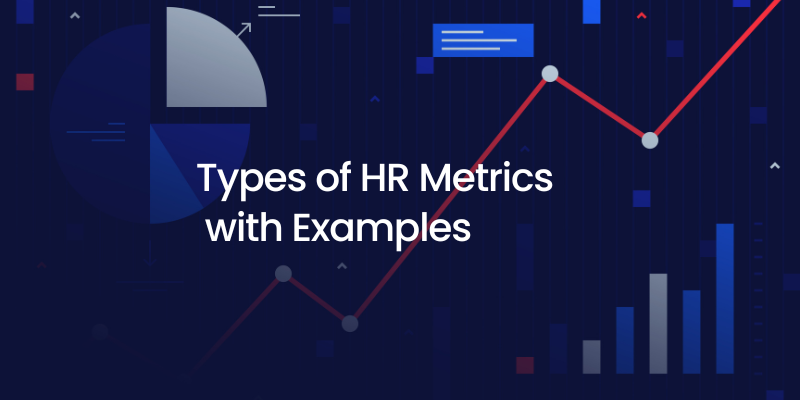Contingent Worker Meaning & Definition
A contingent worker is someone who provides services to an organization without being an actual employee. These workers usually work under a contract or on a temporary basis, as they do not hold a permanent position. Contingent workers are not full-time employees, hence, they are hired for specific projects rather than doing ongoing and open-ended work.
Some common examples of contingent workers are freelancers, consultants, and independent contractors. Similarly, temporary workers employed through an agency can also be assigned to work for your organization. Therefore, a contingent worker is very different from an employee.
Independent Contractor vs Employee
While contingent workers are contract-based, employees tend to have a formal employment agreement with the company. Contingent workers offer organizations greater flexibility and agility. Further, they don’t need to be added to the payroll for tax deduction on their wages.
Freelancer vs Contingent Worker
Freelancers and contingent workers both hold non-permanent roles, but still, there lies a key difference between them. While freelancers are self-employed, contingent workers are recruited by a staffing agency to work for an organization.
Liked what you read? Let’s take it to the next level!
Frequently Asked Questions
Q1. | What is the contingent worker definition? |
| Ans. | A contingent worker is a person who gives his or her services temporarily to the organization without being their direct employee. Therefore, these workers are also sometimes called gig workers and may include freelancers, independent contractors, consultants, and temporary employees. |
Q2. | Why do companies hire contingent workers? |
| Ans. | Companies hire contingent workers because of the various advantages they get from them. Hiring them can be very cost-effective as they are paid only for the services they provide. It also does not take much time to hire them. It saves time and cost in hiring, recruiting, onboarding, and training. Thus, the administrative burden is also reduced. |
Q3. | What are the benefits of being a contingent worker? |
| Ans. | There are several benefits of being a contingent worker. You have the flexibility to work from anywhere with no time constraints. You can also work for various organizations and on varied projects. Each new assignment gives you an opportunity to learn new skills and gain experience. Therefore, there is more autonomy in making decisions, which is usually not the case in a corporate setting. |
Q4. | Do contingent workers receive benefits? |
| Ans. | The contingent workforce is not on the same page as the permanent employees when it comes to receiving benefits. Consequently, contingent workers do not receive benefits such as health insurance, paid time off, or retirement plans unless it is specifically mentioned to them in their contracts. |
Q5. | How are contingent workers classified legally? |
| Ans. | In the U.S., contingent workers are classified into independent workers or freelancers and employees. This classification is, however, based on factors established by federal and state laws, such as control over work, financial independence, and business structure. Consequently, misclassification can lead to legal issues for employers. |
Q6. | Can a contingent worker become a full-time employee? |
| Ans. | Yes, contingent workers can become full-time employees, but managing this process is complex. Therefore, coordination across multiple teams is required, and it can take weeks. Effective contingent workforce management ensures a smooth transition while aligning with organizational needs. |
Resources
Explore how HR trends 2026 are shaping workplaces and employee experiences.
Discover how the employee lifecycle improves engagement and retention.
Learn why HR metrics are key to better engagement and smarter decisions.





